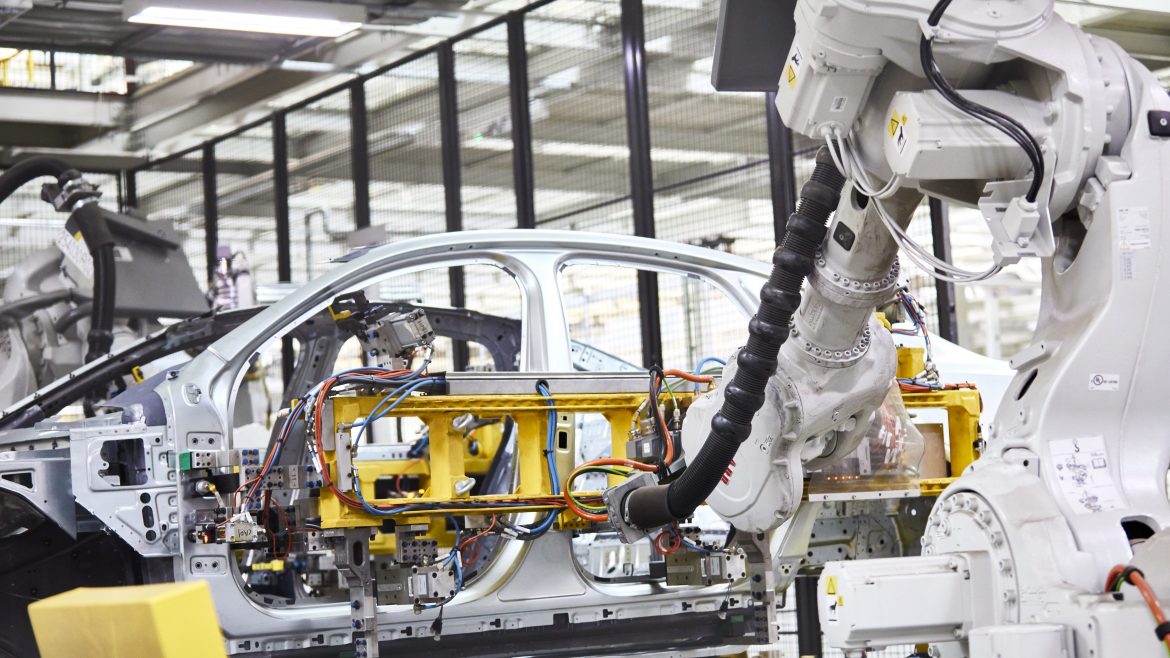The European Commission recently released an updated report scrutinising state-led distortions within the Chinese economy, shedding light on additional sectors. This comprehensive 712-page document expands the scope beyond the initial assessment in 2017, potentially triggering anti-dumping actions by EU chip and clean-tech producers.
Expanding sectors under scrutiny
The updated report delves into various sectors, including telecom equipment, semi-conductors, rail industry, renewable energy, and electric vehicles. By identifying distortions in these areas, the European Commission aims to provide EU industries with valuable insights for filing anti-dumping complaints.
Tool for EU industries
EU industries can leverage the report as a tool to address unfair trade practices, particularly concerning dumping. If Chinese prices are deemed distorted, EU industries can substitute them with prices from another country, potentially resulting in higher dumping tariffs.
Encouragement for complaints
Legal experts suggest that the updated report may encourage sectors yet to file anti-dumping complaints to explore their options. Laurent Ruessmann, a partner at trade law firm Ruessmann Beck & Co., views this as an invitation for industries to take action against unfair trade practices.
Impact on anti-dumping investigations
While the report focuses on dumping, it may indirectly influence other investigations, such as those concerning subsidies received by Chinese wind turbine suppliers and imports of Chinese electric vehicles. However, these investigations are distinct from the scope of the report.
Key findings and concerns
The report highlights various aspects of the Chinese economy, including the significant role of state intervention, preferential treatment for state-owned enterprises, and state support for specific sectors. It underscores concerns about Chinese overcapacity across multiple sectors, including electric vehicles.
China’s response
In response to concerns raised by the EU and the US regarding overcapacity, China’s parliament, the National People’s Congress, pledged to address the issue. However, Beijing has criticised the focus on China’s excess capacity, dismissing it as an attempt to hinder its economic progress.
The European Commission’s updated report on state-led distortions within the Chinese economy signifies a proactive approach towards addressing unfair trade practices. By identifying key sectors and highlighting distortions, the EU aims to protect its industries from the adverse effects of dumping and ensure a level playing field in international trade.



